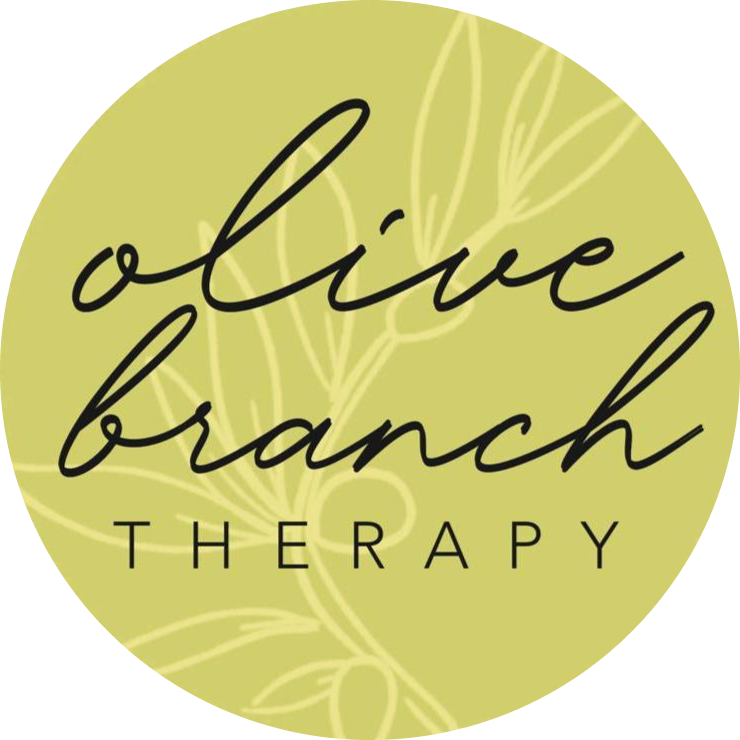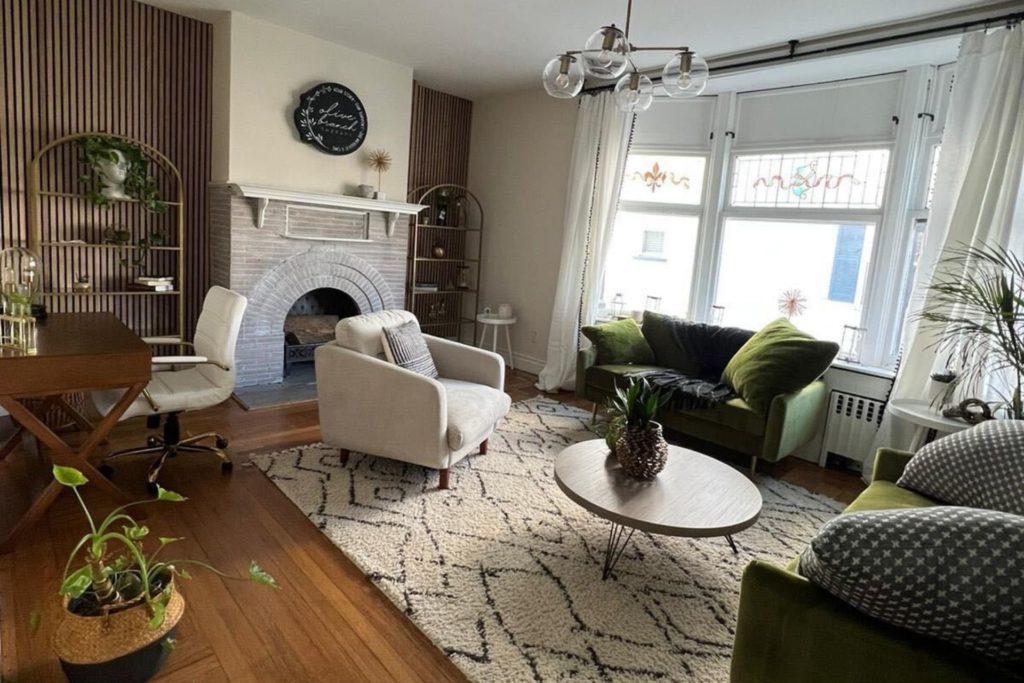If you’ve sought out therapy in the last year, chances are you’ve seen ads for (or maybe even thought about trying out) mental health and therapy apps. There are a lot of them now (and every podcast seems to be advertising them!) But what’s the deal with them? Are they really as good as they seem?
The main selling point behind these apps is that it is affordable and accessible care. There has been a huge uptick in the need for mental health services since the start of the pandemic, and while it’s great that so many people are reaching out for help, it can mean that it’s harder to get seen simply because of the demand for it. Naturally, frustration over not being able to get in anywhere makes the idea of instantly accessible care seem very appealing!
They also try to appeal to therapists with big claims about flexible hours and big money, but what isn’t being talked about is how those things are achievable–and how that affects the care given to those seeking the therapy in the first place!
So what isn’t being considered when it comes to these different therapy apps?
Quality control:
Therapy apps try to appeal to both client and clinician by offering affordable care and promising high pay for the people who provide it. But how much are the therapists needing to work in order to make that money? In order to provide the low cost for clients, therapists who offer services through these apps then have to work way more than they would have to in private practice in order to make the money promised to them–which sounds like a one way street to burned out therapists. And when therapists themselves are burned out, quality of care goes way down.
Privacy:
Just like with any other app, these therapy apps are collecting your data. And once they have it, it’s not considered yours anymore–meaning they can sell it to whoever they want. And in fact, have already been found selling data to companies like Facebook! And just like any other information Facebook gets from us, we don’t really have a clear idea how it will be used. We know almost certainly that at the very least it will be used to find new, invasive advertisements to show to us, but beyond that it’s uncertain.
There’s also concern that insurance or employment could be affected.Take this quote from Molly Osberg and Dhruv Mehrotra at Jezebel:
“And while there’s no reason to believe the information Better Help is collecting will be weaponized, there is still some stigma in struggling with mental health. Insurance companies and employers are barred by law from discriminating against people based on their mental health histories; that doesn’t mean they always follow the rules.”
While you might think that HIPAA (the Health Insurance Portability and Accountability Act of 1996) would protect users’ data on the apps, it’s actually not the case. In fact, just because it has to do with mental health doesn’t mean the information is automatically protected the way it would be at a doctors office. HIPAA applies to information collected by “covered entities”–this would be your doctors offices, your insurance companies, etc. So because they aren’t a covered entity, they are not bound by the restrictions or privacy expectations of HIPAA.
Misleading claims:
Therapy apps are advertised as accessible, affordable therapy–but have you noticed it’s often called “therapy services” instead of just therapy. Did you ever wonder why? It’s because it’s a sneaky sort of distinction to let consumers ‘know’ that what they’re paying for isn’t necessarily legally considered therapy–even if it’s administered by a licensed therapist. You can see it’s even stated on the BetterHelp FAQ page:
“The professionals who work through BetterHelp are licensed and credentialed therapists who were certified by their state’s board to provide therapy. However, while the service may have similar benefits, it’s not capable of substituting for traditional face-to-face therapy in every case. Please note that your provider won’t be able to make any official diagnosis, to fulfill any court order or prescribe medication.”
So what are the benefits of using traditional therapy instead?
The main one of course, is privacy! Your therapist is legally obligated to follow HIPAA, and protect your information to the best of their ability. They won’t be sharing it or selling it to anyone–and if it does need to be shared with someone outside of their practice, you will have to give permission to do so via a Release of Information form.
If the 24/7 care of the apps appeals to you:
If you’re in a crisis, your therapist often will have an available number you can call in emergencies; or you can work out a plan with them for what to do when you feel you need urgent support. If you’re in need of genuine 24/7 support from a mental health professional, you won’t be able to get the care you need from a chat on an app anyway.
And, having unlimited access to your therapist can actually prevent you from practicing your own coping skills between sessions. A lot of the work done “in” therapy is actually done outside of therapy. It’s how you practice new behaviors and thinking patterns when you’re not with your therapist that a lot of the work really gets done. If you have the ability to skip out on that and get instant comfort from a therapist, you’re not allowing yourself to fully engage in the process.
But what about the cost?
If you’re able to, it’s important to think about what your money is doing. Why are app therapy sessions so much cheaper? How can they afford to offer that? Does it align with your values to give your money to a company that does not guarantee a livable income for its employees? Burned out therapists who have to work nonstop for money are likely not going to offer the quality care you deserve.
And, many therapists in private practice also offer sliding scale rates to work with you so you can access quality care that you can afford. Some of the apps are $90/week anyway. That’s a lot of money for something that isn’t technically therapy!
It also facilitates a stronger relationship between you and your therapist.
When your therapist is able to have reasonable professional boundaries (when they don’t have to be available 24/7, when they can have reasonable maximum clinical hours, etc.) they’re able to be present and develop a more genuine therapeutic relationship with you.
Someone you’re assigned to work with on an app might be a wonderful therapist, but they likely won’t know anything about where you live or your community. A local therapist can connect with your experience, and even have local resources that can help you along on your healing journey.
Also consider what’s communicated through body language! If you’re going in to see a therapist, they’ll be able to learn a lot about you just by the way your body behaves in session. A virtual session won’t be able to have that layer to your therapists’ understanding of you.
If you’re looking for support, get in touch with our office today to find a therapist who can help you. Reach out today by visiting our website.



